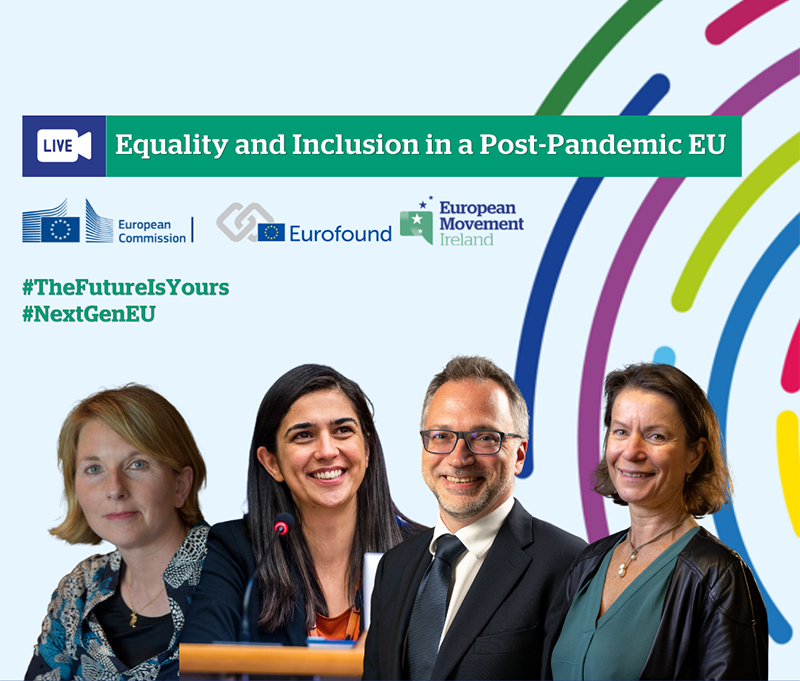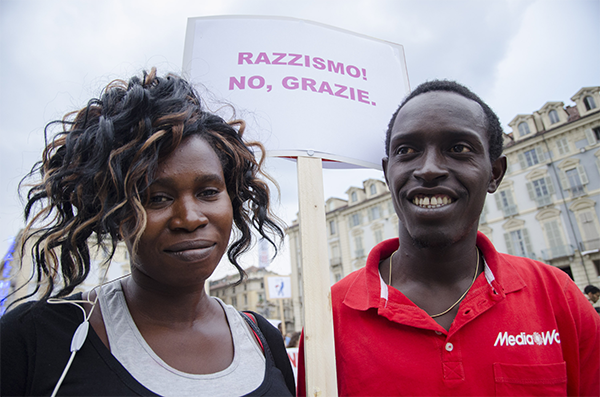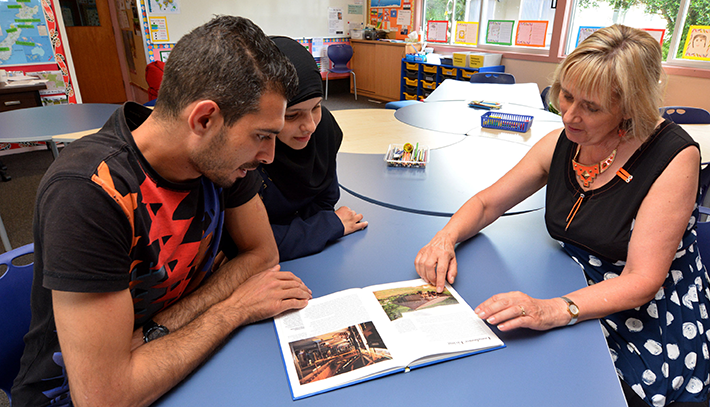Given the complexities around migration and mobility, socioeconomic research is key in order to inform policy responses. Eurofound’s extensive research on different aspects of migrants and mobile workers primarily focuses on geographical mobility. It mainly considers the labour market situation of EU citizens in terms of intra-EU mobility or internal migration, on the one hand, and migration of third-country nationals to the EU, on the other.
Receiving and integrating migrants
Analysis in 2023 focuses on the social impact of migration, looking at the challenges associated with the influx of over five million displaced people as a result of Russia’s invasion of Ukraine since February 2022.
Other research will commence on labour shortages and underutilised potential of workers, examining policy interventions and company practices. This will have a specific focus on sectors in which labour shortages were aggravated by the COVID-19 crisis. Case studies will also be integrated on corporate initiatives to integrate migrants from Ukraine.
Labour mobility and integration policies
Eurofound has looked at trends and policies in relation to labour mobility in the EU, as well as the situation of posted workers in the Member States.
Following the massive influx of asylum seekers into the EU during the period 2015–2017, Eurofound research has explored the role of public services in the social and economic integration of refugees and asylum seekers, focusing specifically on labour market integration, housing, social services, health and education services.
This followed on from research on approaches to the labour market integration of refugees and asylum seekers carried out as an immediate response to the 2015 refugee crisis, updating information on legislation, examining labour market integration and exploring the role of the social partners.
Research on migration, labour market policies and effective integration of third-country nationals has explored policy coordination between Member States and also the important role of the social partners in relation to third-country migration.
Eurofound has also carried out a study on the regulation of labour market intermediaries and the role of the social partners in preventing trafficking of labour. Other research has focused on the impact of mobility and migration of healthcare workers in central and eastern European countries.
Local integration policies for migrants
Eurofound conducted an earlier study from 2006 to 2010 with a network of over 30 European cities working together to support the social and economic integration of third-country migrants. The European network of cities for local integration policies for migrants (CLIP) encouraged the structured sharing of experiences through the medium of separate city reports and workshops that covered four research modules on housing, diversity, intercultural policies and ethnic entrepreneurship. The lessons learnt and the conclusions drawn from the results of each research module have also contributed to the national and the European debate on integration
















